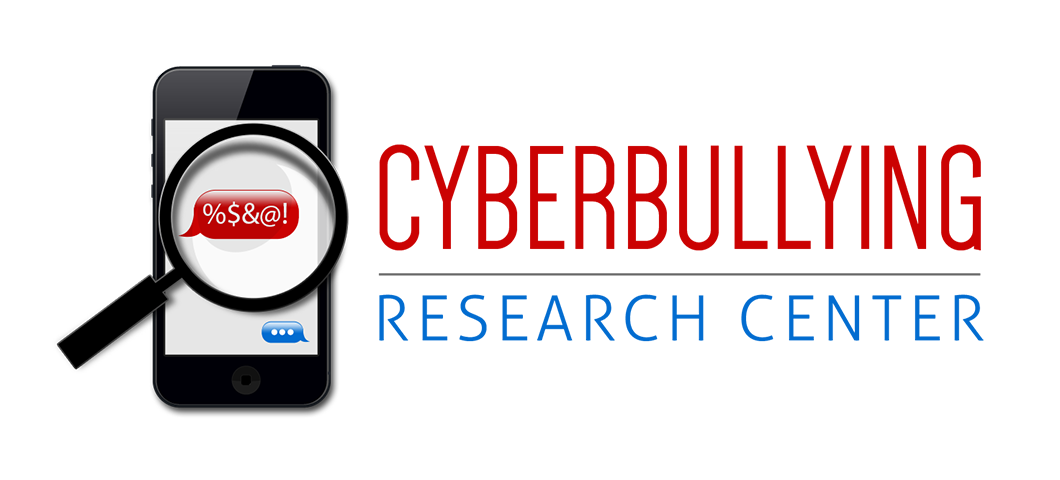
An interesting controversy has emerged in the last couple of weeks over the word “meep.” What does meep even mean? Frankly, it doesn’t really matter. In fact there are numerous and varied definitions of, and uses for, the word meep. The most frequent use among adolescents, it seems, is to replace an inappropriate word with meep, as in “What the meep!?!”
So the recent controversy emerged when students at Danvers High School in Massachusetts threatened to disrupt the school environment by muttering, yelling, and collectively spewing the word meep during class time. Danvers Principal Thomas Murray was tipped off about the planned disruption and preemptively threatened to suspend students who spoke the word or showed up to school with the word printed on clothing. This, of course, incited folks from around the country to contact Mr. Murray to express their dissatisfaction with this seemingly ludicrous policy. To be sure, the courts have ruled that students do not “shed their constitutional rights to freedom of speech or expression at the schoolhouse gate.” That said, school officials do have the right to restrict speech and/or discipline students for speech or behavior that results in (or has a high likelihood of resulting in) a substantial and material disruption of the learning environment. In this case, I think it is clear that the students involved were in fact planning a substantial disruption. So, it doesn’t matter that the speech involved wasn’t really even a real word.
When I was in middle school, my classmates and I started humming in English class. The teacher was getting pretty upset by this and was walking around the classroom trying to identify the offending party. When he went to one side of the classroom, students in the other side would start humming. When he moved to the other side, the other students stepped up and continued the humming. Clearly, the act of humming is not obscene or otherwise generally subject to discipline in any environment outside of the school. But at school, if it causes or threatens to cause a substantial disruption, it can (and should be) stopped. In our case, the teacher refused to administer our planned quiz until the humming stopped. It didn’t, so we all failed the quiz. To this day I have a hard time identifying prepositions!
This is an important case because as much as I agree with everyone that restricting the use of a nonsensical word is in itself nonsensical, it is necessary that school administrators have the ability to maintain an appropriate, civil, and safe learning environment at school. Educators need the support of parents and other community members when they take actions to ensure an appropriate school climate. This is especially true since many forms of relational aggression, including cyberbullying, are often more subtle and therefore may not be automatically identifiable as something warranting intervention. At the same time, they also need to be held accountable when their policies or practices cross the line of being overly restrictive. In the case of meep, from what I have seen, I think they were being reasonable in their efforts to prevent a disruption from occurring. What do you think? Is Principal Murray going too far with this?








Principal Murray will be infringing on the freedom of speech rights of the students if he suspends anyone who wears a shirt with the word. It is not even a recognized word,so the obscenity value is non- existent and imaginary. Planned classroom disruptions must be punished and stopped, for a calm,orderly classroom atmosphere is a necessity for students. While this is just stupid kid stuff at this point,if the kids get away with it, an ugly precedent will be set. It is better to let these kids know right now how they are expected to act while attending school and set an example for the other kids who are definetly watching to see what will happen.